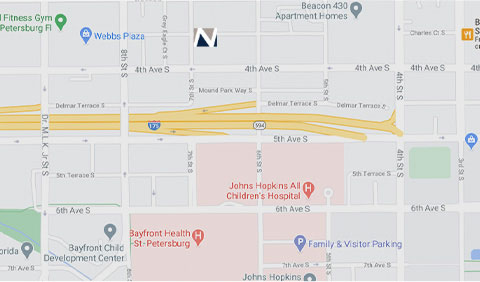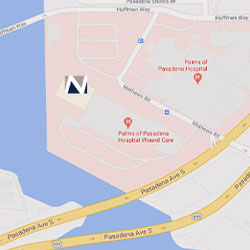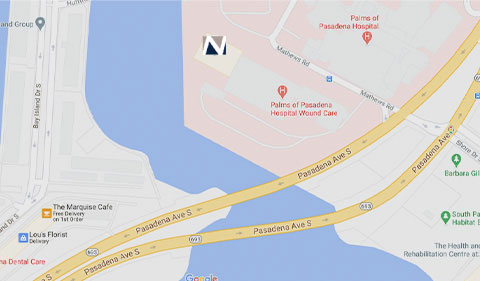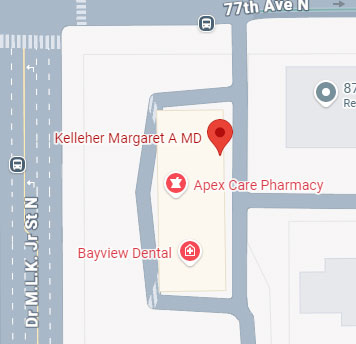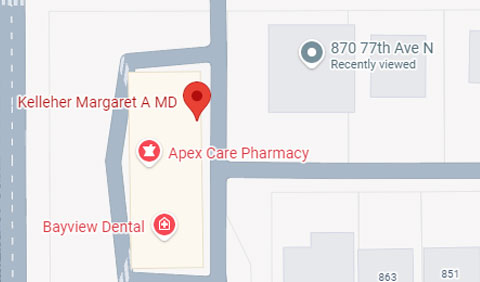Rosacea
Manage Persistent Flushing and Blushing in St. Petersburg, St. Pete Beach (South Pasadena), and Tampa Bay
Facial redness—whether due to heat, exertion, or embarrassment—is common. Everyone's cheeks grow warm from time to time. For some people, however, blushing and flushing is an ongoing problem that impacts their day-to-day life. Many of these patients will also develop pustules or other lesions that look like adult acne. These changes are often very distressing to people who thought they had put the days of pimples behind them. Some patients only notice persistent dry, irritated eyes. While these symptoms all seem very different, they can actually all represent different forms of the chronic skin condition known as rosacea. Tampa Bay's Nelson Dermatology team takes a two-part approach to treating rosacea: managing your symptoms and identifying triggers to minimize future flare-ups.
Our board-certified dermatologists work with patients on an individual level, tailoring the treatment to fit their specific situation. Some patients deal with mild occasional redness, while others have dramatic flushing across their face, accompanied by the development of small bumps. No matter the severity of the problem, we can develop a plan to get your rosacea under control.
Schedule your consultation to discuss rosacea in St. Petersburg or St. Pete Beach (South Pasadena). Call Tampa Bay's Nelson Dermatology at (727) 895-8131.
What Is Rosacea?
A common, chronic skin condition, rosacea has many different appearances. One of the most common presentations is persistent facial redness that can impact anyone, but tends to most commonly develop in fair-skinned men and women older than 30. Though redness is the most distinguishing feature, the coloration manifests in a variety of ways. Typically, it appears on the cheeks, nose, forehead and chin, but can also appear on other parts of the face, as well as be symmetrical or asymmetrical. The skin can appear generally red, or be covered with dilated, visible blood vessels known as telangiectasias.
In addition to the redness, another common issue is the development of small pustules that appear similar to the lesions of acne. In fact, some people call it "adult acne." Flare-ups can last for weeks or months, then resolve for a similar amount of time.
Rosacea can also cause skin to grow thicker. Men who develop this skin condition often have more severe symptoms, with skin growing especially thick on the nose.
Other related but less common symptoms include irritated and bloodshot eyes, facial swelling, and the development of dry or scaly patches.
There is no cure for rosacea. Skin care, whether at home or with help from a dermatologist, can help to manage all of these symptoms.
Meet our Doctors
Get to know our board-certified dermatologists serving St. Petersburg, St. Pete Beach and all of the Tampa Bay area.





What Causes Rosacea?
Although the medical community as a whole is still researching and learning about rosacea, the most likely culprits behind the medical dermatology condition seem to be bacteria and mites on the skin, irritation and inflammation related to these organisms, easily dilated blood vessels, and sun exposure. There may also be a genetic component, as rosacea seems to run in families.
Patients can often identify triggers that cause specific flare-ups of their rosacea. Common triggers include temperature extremes, spicy foods, alcoholic drinks, significant physical exertion, stress, and sun exposure. Any of these factors may prompt redness in the skin that lasts for a significant length of time.
A key element of rosacea treatment at Nelson Dermatology is working with a board-certified dermatologist to determine your own triggers so you can avoid them as much as possible to minimize flare-ups.
What Rosacea Treatment is Available at Tampa Bay's Nelson Dermatology?
As you can imagine, treating a condition with as many different presentations as rosacea can be challenging. Topical antibiotics and anti-inflammatory products can be very helpful for addressing the pustules and redness of a flare-up. If these topical agents cannot control your rosacea, oral antibiotics may be more effective for certain patients.
Long-term redness and dilated blood vessels can often be the most distressing component of rosacea. These cosmetic changes draw attention and negatively impact a patient's self esteem. Fortunately, these changes can be improved with light treatments including intense pulsed light (IPL) and pulsed dye laser (PDL) treatments. These laser treatments target the hemoglobin in the blood vessels, stimulating the vessels to shrink and remodel, resulting in a dramatic improvement in the appearance of these dilated vessels and a clearer skin tone.
While there is no single solution to the problem of rosacea, there is a great first step: an initial consultation with our board-certified dermatologists. We can assess your unique symptoms and develop a plan that makes sense for your lifestyle and goals.
Schedule your consultation to discuss rosacea in St. Petersburg or St. Pete Beach (South Pasadena). Call Nelson Dermatology in Tampa Bay at (727) 895-8131.


